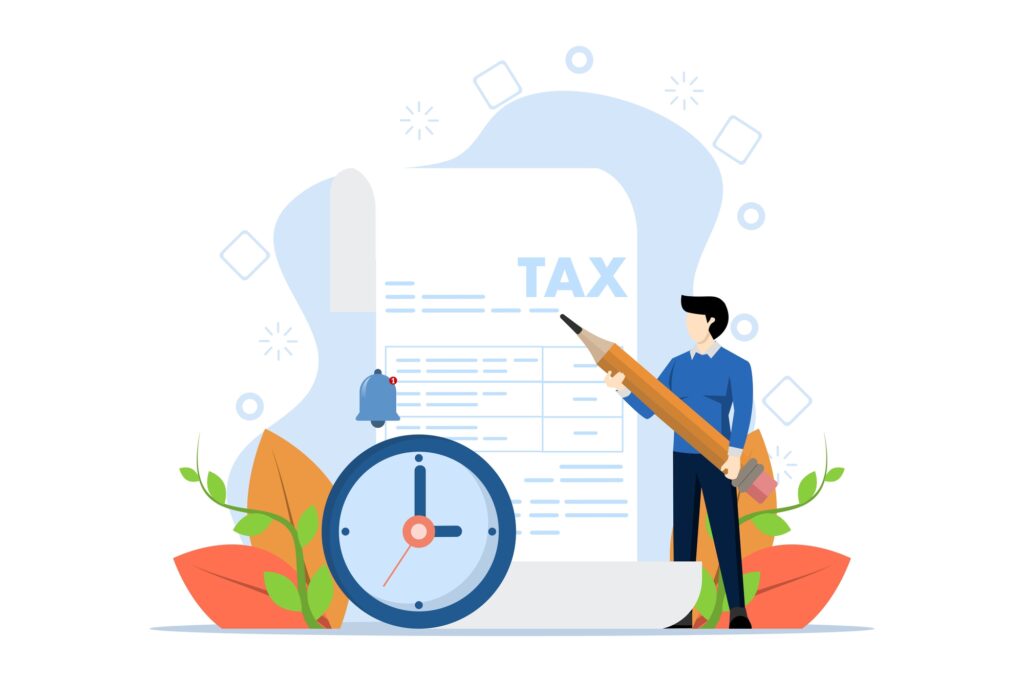 Tax planning may not be your favorite activity, but it’s one that can put money in your pocket. The decisions you make now and execute before the end of the year can result in tax savings for 2024, as well as position you to realize tax savings in 2025 and beyond. The sooner you begin to focus on tax planning, the less stress you’ll experience as the days of the year dwindle down and the more opportunity you’ll have to take action.
Tax planning may not be your favorite activity, but it’s one that can put money in your pocket. The decisions you make now and execute before the end of the year can result in tax savings for 2024, as well as position you to realize tax savings in 2025 and beyond. The sooner you begin to focus on tax planning, the less stress you’ll experience as the days of the year dwindle down and the more opportunity you’ll have to take action.
Assess and project your profitability
As 2024 been a good year so far? Have you been struggling? Your numbers for the first half of the year can give a good idea of whether 2024 is going to be profitable or whether you may wind up in the red. Of course, you have another half year to turn things around and become profitable, or if profitable now, wind up losing money by year-end. The business decisions you make in the remainder of 2024 will impact your bottom line, and as a result, the tax bill when you file your return in 2025.
If you project profitability:
- Buy machinery or equipment, taking advantage of write-off limits for 2024. For example, bonus depreciation—a first-year allowance—is 60% of cost in 2024. It will decline to 40% in 2025 unless Congress changes the law.
- Set up and fund retirement plans. If you don’t have a plan, setting one up may entitle to you to a tax credit. If you adopt an automatic enrollment plan, there’s another credit. Don’t think you can afford a plan? There’s a new option for small businesses: a starter 401(k) funded entirely by employee contributions.
- Expand your research activities. If you don’t have sufficient income—and a tax bill—you may be able to use a research credit to offset your share of FICA (up to $250,000 against the employer’s share Social Security taxes and another $250,000 against Medicare taxes).
- Go green. There are a number of tax breaks for certain actions optimizing energy savings…a commercial clean vehicle credit; a deduction for energy-efficient commercial buildings. And in some cases, you don’t have to wait to file your return next year to benefit from these write-offs; you can “sell” them to produce cash now for your business.
- Determine which carryovers are waiting for you to use in 2024. For example, if there’s a capital loss carryover, selling property now that results capital gains can effectively become tax free to the extent of any capital loss carryover. Some other carryovers to check: the general business credit carryover, home office deduction carryover, and charitable contribution carryover.
If you project a loss position:
- Better manage your inventory. If poor sales are the reason for a loss position, determine how you can deal with your current stock and decide what to do for the balance of the year. Certain actions with respect to inventory—donations, markdowns, etc.—can have tax consequences.
- Revisit your estimated taxes for the rest of 2024. You may be able to reduce your remaining installments.
Prepare for expiring laws
Many favorable tax rules from the Tax Cuts and Jobs Act are set to expire at the end of 2025. That’s only 18 months away. Some changes to note:
- Higher income tax brackets for individuals (most small business owners pay tax on their share of profits on their personal returns)
- End to the employer credit for paid family and medical leave and the work opportunity credit
- End to the exclusion for employer payments of student loans through an educational assistance program
- End to the 20% qualified business income (QBI) deduction
- End to empowerment zone tax incentives (e.g., special employment credit)
- Reinstatement of a lower estate and gift tax exemption
What does the prospect of these tax changes mean for small business owners? Some planning now could pay off if Congress doesn’t extend expiring breaks.
- Sell your business now if this was on your radar. The tax cost for your profits could be lower at current rates that what would be after 2025.
- Do estate planning. Your estate may face a high estate tax bill if you die after 2025 and the current estate tax exemption is not retained.
Final thought
While tax evasion is a no no—even a crime–avoiding taxes through planning is a perfectly legal endeavor. Economist John Maynard Keynes, said: “The avoidance of taxes is the only intellectual pursuit that carries any reward.”
Don’t wait until late in the year to meet with a tax adviser and review your options for this year and next. The sooner you begin the process, the more flexibility—and less pressure—you’ll have.
Find more information about business tax planning here.


